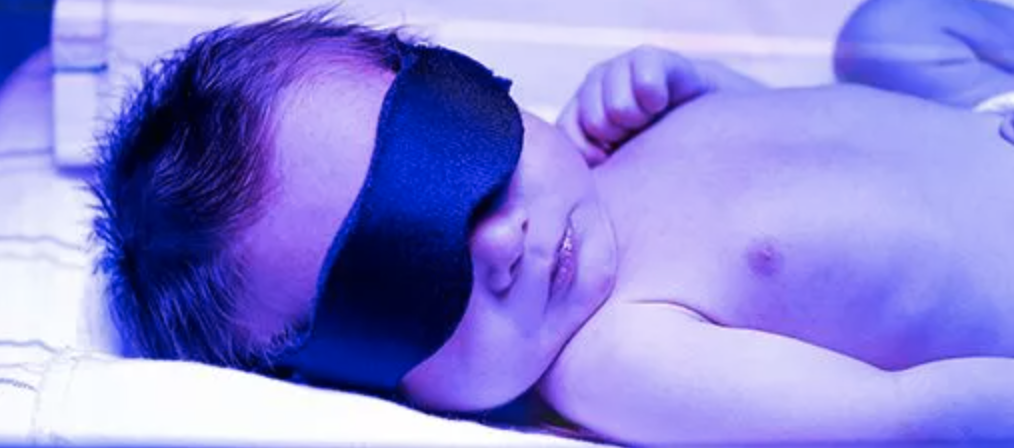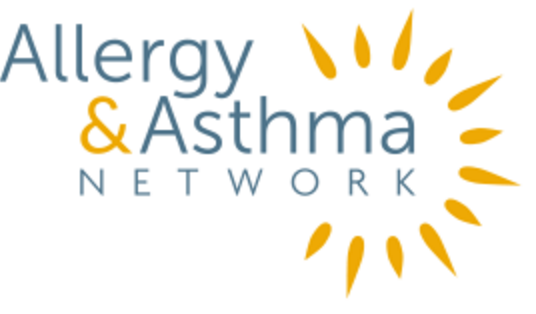 Phototherapy, also called light therapy, can reduce the inflammation that is a part of eczema. It can both lessen the itch and help boost the body’s bacteria-fighting abilities. It can be used in specific areas that aren’t responding to other treatments, or over the entire body if needed.
Phototherapy, also called light therapy, can reduce the inflammation that is a part of eczema. It can both lessen the itch and help boost the body’s bacteria-fighting abilities. It can be used in specific areas that aren’t responding to other treatments, or over the entire body if needed.
Phototherapy is an in-office procedure conducted by either an allergist or dermatologist. It involves exposing the skin that is affected by eczema to ultraviolet (UV) light.
Phototherapy is considered a second-line treatment and is used only for patients who haven’t had success with other measures. A special light machine is used to deliver targeted bands of UV light just where it’s needed.
Nearly 70 percent of patients who are treated with phototherapy have positive results, but it’s important to note that this treatment is not for everybody.
It is important for the doctor to determine what type of UV light is right for you in order to time the treatments and avoid risks to your health. The amount of light exposure is timed and increased as treatment progresses.
Phototherapy may start with very short sessions, delivered often, making it difficult for some people to fit this into their busy schedules.
Some areas may not have phototherapy readily available and accessible. Talk with your doctor. A trip to the tanning bed is not a replacement for phototherapy.
What do I need to know about phototherapy used to treat eczema?
Phototherapy often provides relief from the itching, swelling and tenderness of eczema, with fewer potential side effects than some other treatments.
Phototherapy often allows the skin time to heal, although it does not make eczema go away permanently. Patients should always talk with their doctor to see if phototherapy is right for them.
Phototherapy, when done under the direction of a doctor, is considered safe, but there are several side effects that can occur. As with any exposure to UV light, the skin can get sunburned or appear to age more rapidly. There are some reports this treatment can lead to skin cancer.
One important precaution to take is to wear appropriate goggles to prevent injury to the eyes. Moisturizers must be applied following therapy since the procedure can dry out the skin.
© 2021 Allergy and Asthma Network

Last updated : 2/6/2023